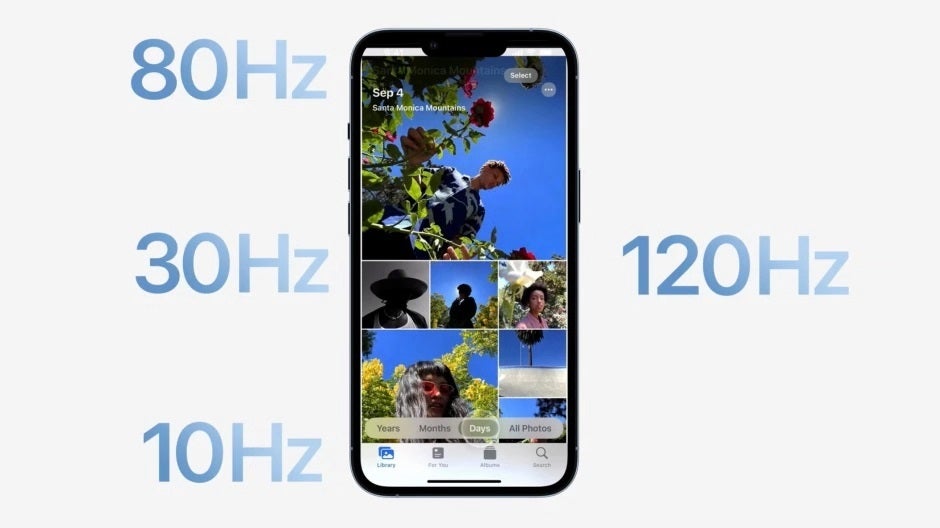Poll: How important is smartphone display refresh rate for you?
There’s a new fashion trend in the smartphone industry – high refresh rate displays! Razer started it all with its Razer phone back in 2017 and since then, the high refresh rate craze has conquered the tech world by a storm.
Now every self-respecting smartphone manufacturer has a high refresh rate model in its portfolio and this feature seems to be shaping users’ buying habits nowadays. Major phone brands have already adopted 120Hz displays – Apple, Samsung, OnePlus, Sony, and Google all have a flagship with a super-fast display, but is it really that important? Let’s find out!
What is a refresh rate?
Your smartphone display is made from tiny pixels that display different information – a certain color or a grayscale hue. The refresh rate is actually how many times per second a pixel can change the information it’s displaying.With each cycle, new information is fed to the pixel and it “refreshes”. Conventional smartphone displays are able to change their display information 60 times per second, and we designate it as 60Hz (Hertz is a measurement for frequency – 1 hertz equals one cycle per second).
That’s great! The human eye typically can’t “detect” refresh rates above 60Hz but higher refresh rates can be subconsciously felt. Although you can’t really see all the cycles, your brain perceives the displayed sequence as smoother.
Now, this bit is a bit controversial – ask any hardcore gamer out there and he would immediately tell you he can distinguish between refresh rates up to 240Hz. The most important thing to consider is how refresh rate differs from frame rate.
Refresh rate vs frame rate
While refresh rate is the ability of a display to feed new information to each pixel, the frame rate is the actual change that occurs. If you have a static image, let’s say a page of a book, displayed on the screen, its frame rate would be zero, although the display refresh rate can be 120Hz or even more.
That’s why smartphone manufacturers have invented variable refresh rate displays – to drop the refresh rate when the display content doesn’t actually need a high refresh rate. On the other hand, if you’re watching an action movie or playing a fast-paced game, frame rates tend to be pretty high – things are changing rapidly on the screen – that’s where higher refresh rates shine.
If you try to display really fast-paced content on a 60Hz screen it will become choppy, as the display won’t be able to keep up with the things happening and update its pixels on time. Here’s a cool video that demonstrates the effect.
Do you really need a high refresh rate phone?
This is the poll question for today, guys. How important is the display refresh rate for you when you’re making a buying decision? We’ve tested a bunch of phones over the years, and yes – there’s a perceivable difference between a 60Hz and a 120Hz display, even when scrolling social media and text in general.On the other hand, if you keep your phone at 120Hz it’ll burn through the battery like crazy. And if you’re not a gamer, maybe the tradeoff would be too big, especially considering that 120Hz (or higher) phones are much more expensive than let’s say 60 or 90Hz phones.
Another thing to consider is the variable refresh rate tech. It’s really the best of both worlds, and if done right, you’ll still get all the benefits of a higher refresh rate, without the toll on battery life. Vote in our poll and share your thoughts in the comments below.
More Polls:
For all the latest Technology News Click Here
For the latest news and updates, follow us on Google News.

